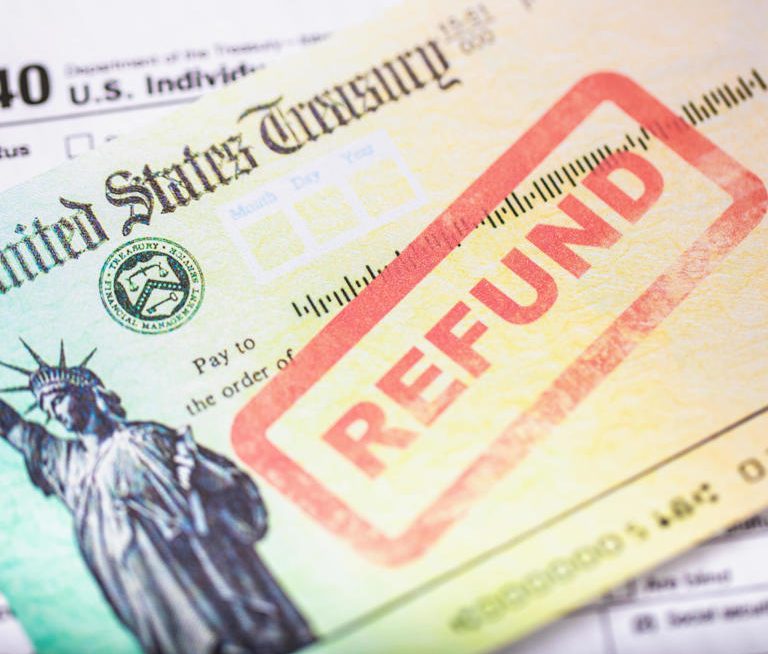As the IRS opens the 2019 tax filing season on January 29, experts expect 2024 tax refunds to be bigger than last year, maybe increasing by 10% for individuals. After the disappointment of reduced refunds in 2023, tax bracket adjustments, inflation provisions, and tax credit expansion may help people and families.

Inflation’s Surprise Benefit
As pandemic-era federal benefits expired in 2023, many Americans saw their tax refunds decrease. Consumers already struggling with high inflation faced an almost 3% decline in the typical tax refund. Tax refunds, frequently large annual financial injections, help repay debt and save.
Many worry about inflation, but it may help taxpayers in 2024. Tax brackets and the standard deduction have increased due to the IRS‘s 7.1% inflation adjustment. Individuals whose income didn’t keep pace with inflation may receive a 10% refund. Middle- and lower-income workers should benefit most from this unanticipated bright side.
Tax refunds in 2024 will depend on many things. Homeowners using increased home energy tax credits and those with below-inflation incomes may receive more significant returns. An enhanced Earned Income Tax Credit will help low-income families with children. Since 1984, Social Security claimants may pay more outstanding taxes because inflation remained the same.
READ ALSO: $500,000 Lottery Surprise Unfolds in a Silent Grocery Run – Still in Disbelief!
2024 Tax Refund Calculator
H&R Block and Nerdwallet offer 2024 tax refund calculators for taxpayers who want to estimate their returns. Not everyone will receive more outstanding refunds; some may owe, especially those who had side gigs without quarterly self-employment taxes.
IRS begins taking tax returns on January 29; deadline is April 15. Due to state vacations, Maine and Massachusetts citizens have until April 17 to file for extensions. Most taxpayers receive refunds within 21 days, but the IRS recommends checking the “Where’s My Refund?” function on IRS.gov or the IRS2Go app.
READ ALSO: Double Tax Trouble: Americans Warned of Potential Dual-State Income Tax Hit for Remote Work



